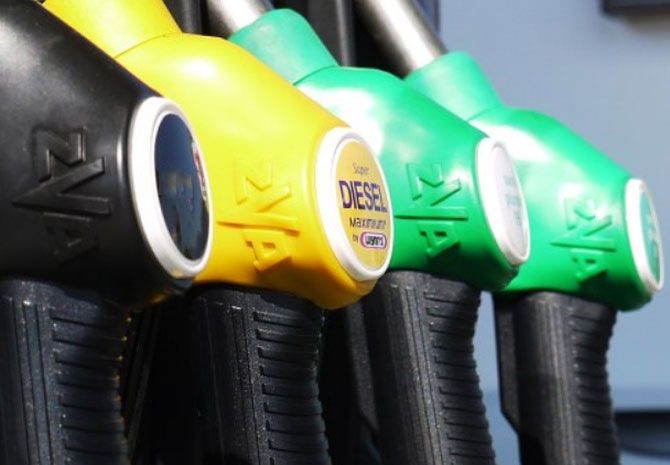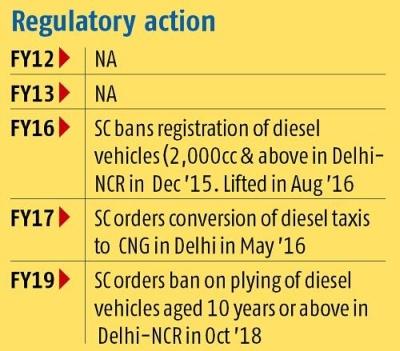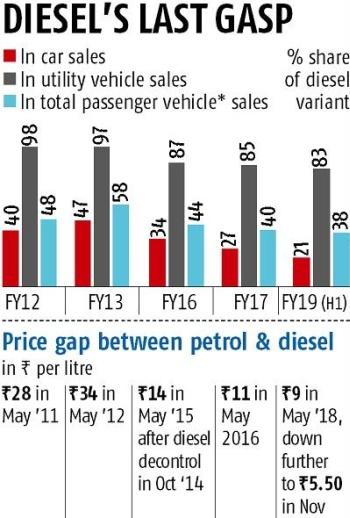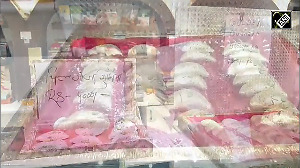From April 2020, manufacturers will have to hike prices of diesel cars sharply to accommodate the costs incurred in the transition to BS VI emission norms, and widening the gap between a diesel and petrol car.

The death of the diesel car, especially smaller ones, may not be far ahead.
A recent Supreme Court order said diesel vehicles aged 10 years and above would not be allowed to run in the National Capital Region (NCR), dealing a fresh blow to the sagging demand for diesel-run cars. The share of diesel in car sales is the lowest in at least eight years.
The numbers show that just one in every five buyers of new cars (excluding utility vehicles) opted to buy a diesel vehicle during the first half (April-September) of 2018-19, according to the fuel-wise demand data sourced from Society of Indian Automobile Manufacturers.
Not long ago, in 2016-17, about one in every four buyers purchased a diesel car. The share of diesel cars was more than 40 per cent in sales in 2012-13 and 2013-14 as customers rushed to take advantage of the sharp price differential between petrol and diesel (see chart). Manufacturers responded to this shift and invested in catering to the surge in demand for diesel cars.

However, the trend did not sustain. The deregulation of diesel price in October 2014 brought down the differential between petrol and diesel prices from Rs 34 a litre in mid-2012 to Rs 14 in mid-2015.
The pricing of diesel was not the only trigger. In December 2015, the Supreme Court banned the registration of all diesel vehicles with an engine of 2,000cc and above in the NCR, further affecting the sentiment of diesel car buyers.
The gap in price between the two popular fuels is now down to just Rs 5 a litre.
The reduced benefit means it will be difficult for most buyers to recover the high premium paid on the diesel car.
"The Indian customer is price-sensitive. When diesel was substantially cheaper than petrol, everybody wanted a diesel car. Today more and more customers are moving away from diesel. Its share will probably come down further if the 10-year order is applied to other cities," said R C Bhargava, chairman of the country's largest carmaker, Maruti Suzuki.
Korean carmaker Hyundai said the share of its diesel variant in car sales went down from 27 per cent in 2016-17 to 22 per cent in H1 of 2018-19.

"There has been a considerable shift towards petrol. Strict government regulations and the ban on 10-year-old diesel cars have prompted the consumers to opt for petrol cars. The lower price gap between diesel and petrol is making ownership of diesel cars a costly affair. Additionally, the benefit with petrol vehicles is that they can easily be converted into CNG," said a Hyundai spokesperson.
The ban on 10-year-old diesel vehicles will affect the resale price of a used diesel car.
Seventeen months later, from April 2020, manufacturers will have to hike prices of diesel cars sharply to accommodate the costs incurred in the transition to BS VI emission norms.
That will widen the gap between a diesel and petrol car.
"The impact will be higher on smaller diesel cars, for which the rate of price increase will be higher. In the case of expensive diesel cars, the buyer may be willing to pay an additional Rs 100,000-150,000. Therefore, I do not think the share of the diesel in cars will come to zero. The diesel engine is known to be more efficient and offers a better mileage," said Bhargava.
The shift in preference has not left the utility vehicle (UV) segment untouched.
In UVs, the share of diesel variants has been declining for seven consecutive years and stood at 83 per cent in H1.
"Diesel is widely being considered as a dirty fuel compared to the past, when claims were made about its clean-burn qualities. The introduction of BS VI will make it expensive for small diesel cars to achieve compliance and diesel will disappear from cars priced below Rs 1 million. It will be interesting to see what happens to the installed capacity for small diesel engines," said Ravi Bhatia, president (India), JATO Dynamics.












 © 2025
© 2025